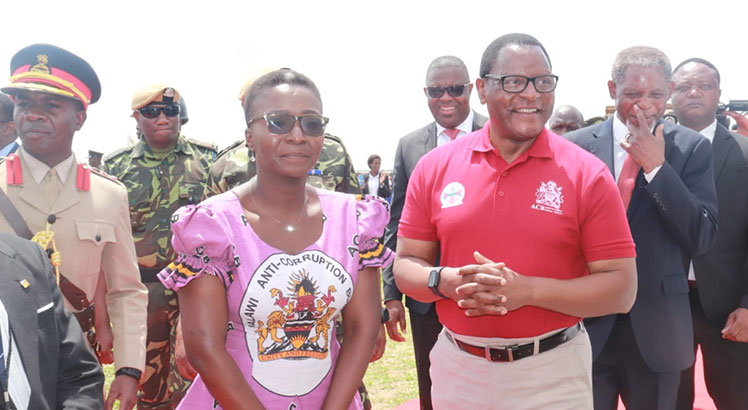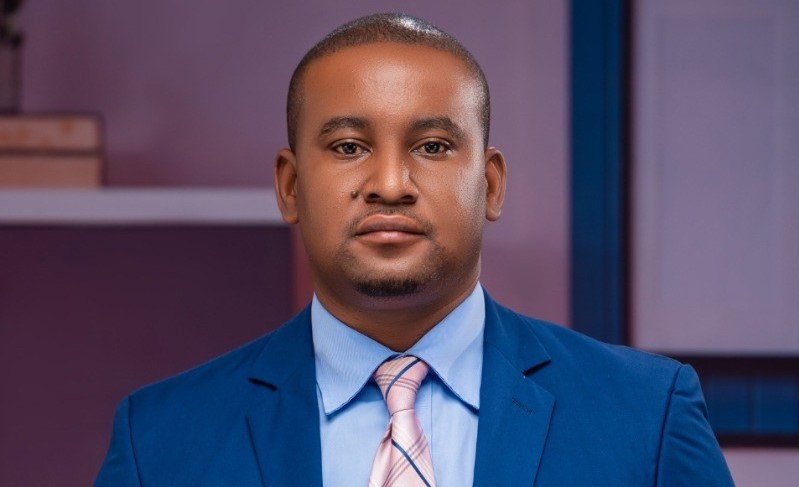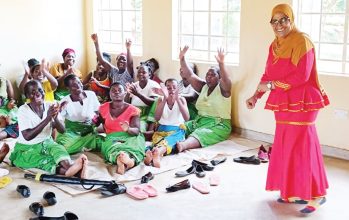Corruption fight weakens in 10yrs
Transparency International (TI) Corruption Perceptions Index (CPI) data show that Malawi’s fight against corruption has weakened in the 10 years dating back to 2012.
According to TI, in 2012 Malawi scored 37 points, but during the 10 years under review it has fallen by three points, scoring 34 and eventually landing on position 115 of the 180 countries assessed.
The 34 points were maintained from 2022, but the position has further slipped from 110 to 115 this year.
The poor ranking this year means Malawi continues to be in the red zone of countries where corruption is prevalent and requires immediate attention.
The 2023 CPI released yesterday says the main challenges hampering progress in fighting corruption include the impunity of corrupt officials, restricted civic space and limited access to justice.
The report further shows that Malawi and other sub-Saharan Africa countries face persistent corruption challenges due to decades of severe underfunding in public sectors.

Reads part of the report: “Addressing social and economic issues remains ineffective, often at the expense of the most vulnerable population.
“Corruption in justice delivery mechanisms disproportionately affects the poorest citizens and those who depend primarily on public services such as people with disabilities or women and children, hindering the realisation of global and regional development goals.”
The report said the results are a stark reminder that the independence of the Judiciary and functioning of internal accountability mechanisms such as codes of conduct and processes to remove judges should be at the forefront of policy-making in the region.
In an interview yesterday, Integrity Platform national coordinator Jeff Kabondo, whose institution works with TI in gathering input for the index, said it appears the biggest problem relates to weak justice systems.
“Our justice system remains challenged to deal with cases of corruption. We need to seriously invest in our justice systems and ensure that they are insulated from any undue interference. Further, we must address the issue of impunity for corruption,” he said.
Human Rights Defenders Coalition chairperson Gift Trapence, who chairs the platform, said to fight corruption, Malawi needs systematic reforms in all aspects in preventing corruption, especially in procurement.
“The passing of NGO law was problematic because it has some sections that limit the civic space. A majority of Malawians find it so difficult to access the courts including access to lawyers. We have a back-log of cases awaiting trial,” he said.
While noting strides in strengthening the fight against organised corruption, including the establishment of the Financial Crimes Division of the High Court of Malawi, Youth and Society executive director Charles Kajoloweka said the corruption fight in the country is “becoming more frustrating”.
He said: “The last 18 months have been marred by corruption and hypocrisy marked by relentless attacks on the independence and integrity of law enforcement agencies.
“Selective justice marked by dubious amnesty and discontinuance of some prominent cases continues to send a conflicting picture about the country’s commitment in the fight against corruption. The public confidence in the law enforcement and justice system has also plummeted.”
In a separate interview, Centre for Social Accountability and Transparency executive director Willy Kambwandira said corruption has found fertile ground to blossom.
He urged the need to change the law on the appointment of the Anti-Corruption Bureau (ACB) director-general.
“Citizens also have to wake up and start demanding accountability. The Judiciary too must be subjected to accountability,” said Kambwandira.
Minister of Justice Titus Mvalo, while admitting that progress of corruption cases has been less impressive, said they increased the capacity on prosecution by roping more experienced prosecutors in State prosecuting teams.
In an interview, he said: “We admit that there has been less than impressive disposal of corruption cases. But from us, we are increasing capacity on prosecution by bringing in experienced prosecutors such as Kamudoni Nyasulu, Brigadier General George Liwimbi and Enock Chibwana.
“As prosecution, we do move courts to hear the cases, but the defence always comes up with delaying tactics. I have been a lawyer and I know a court can make rulings on objections from defence without adjournments that cause delays. I hope courts will also assist.”
The minister also conceded that investigations were taking too long and needed improvement.
“Let me be honest, we have unfortunate lapses in investigations of cases for all investigators where sometimes cases drag in court because investigators take two years to bring evidence which is not on,” said Mvalo.
Recently, an Afrobarometer survey ‘Amid rising corruption, most Africans say they risk retaliation if they speak up’ showed that 78 percent of Malawians are scared to report or speak out on suspected cases of corruption for fear of the consequences.
And in their 2023 paper on ‘Implications of corruption on public administration in Malawi’, ACB acting chief corruption prevention officer Susan Mtuwa and Malawi School of Government head Professor Asiyati Chiweza noted that for one to access public sector services in Malawi, a bribe or an inducement must be given.
Malawi was on position 129 in 2020 with 30 points before climbing 19 places in 2021 to position 110 with 35 points.
It moved to 34 points in 2022, maintaining position 110, but with the same points, it has slipped to position 115 in 2023.





